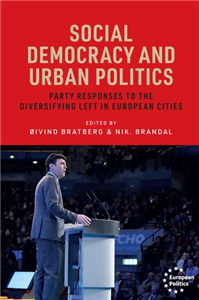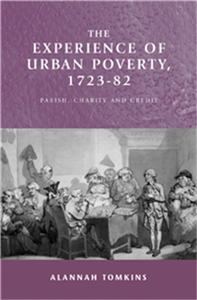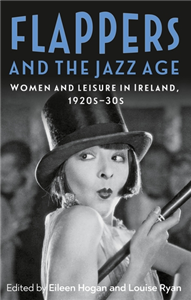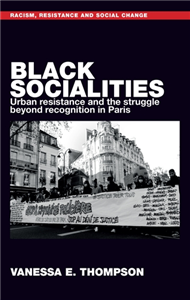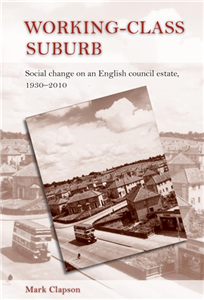University of Washington Press
Who We Are The University of Washington Press is celebrating its centennial this year. We publish compelling and transformative work with regional, national, and global impact. We are committed to the idea of scholarship as a public good and work collaboratively with our authors to produce books that meet the highest editorial and design standards. We value and promote equity, justice, and inclusion in all our work. What We Publish We publish in the following core academic areas: American Studies Anthropology Art History / Visual Culture Asian American Studies Asian Studies Critical Ethnic Studies Environmental History Native American and Indigenous Studies US History Women’s, Gender, and Sexuality Studies We also publish vibrant nonfiction about the Pacific Northwest and beyond, often in partnership with museums, cultural organizations, and Indigenous nations and communities.
View Rights Portal






